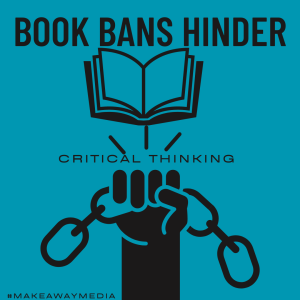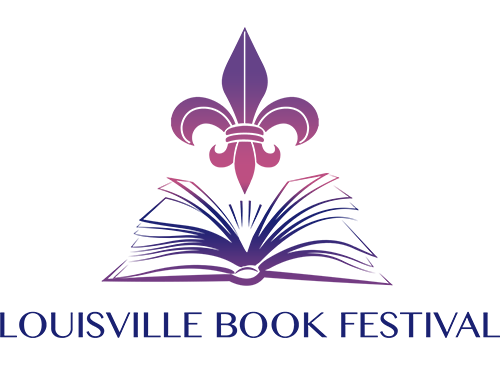We all want our children to be critical thinkers, right? That is, people who do not just accept information that is fed to them. Don’t we want our children to think deeply and ask questions?

Critical thinking is objectively analyzing and evaluating something in order to form a judgment about it, and it’s a complex process. We all have different thoughts and life experiences that impact our brains. We could (and do) have totally different insights and critical thoughts from reading the exact same book. What one person finds offensive and deeply troubling is as bland as white bread to another person.
Book banning isn’t a new concept. Uncle Tom’s Cabin by Harriet Beecher Stowe, which was published in 1852, may well be the first banned book in the US. Of course, banning books goes back even further than that, including to the 1500s during the Counter-Reformation. It is likely that someone, somewhere has been banning books (or trying to) since books began to be accessible to the public at large. One could say that prior to the creation of the printing press in the 1400s, book banning was the normal state since only a small percentage of people could even read at all. What better way to keep ideas from people than to keep them from being able to read?
It is understandable that sometimes parents feel uncomfortable with the idea of their kids reading about certain topics that feel scary or dangerous to parents. It seems, though, that in many cases kids’ brains automatically self-censor because they do not always have the perspective they need for interpretation of all concepts. Those of us parents who grew up in the 1980s likely recall singing loudly to Madonna’s song Like a Virgin (1984) and not having any clue what we were singing about. When Flo Rida’s song Whistle came out in 2012, little kids sang this all the time and thought they were really singing about whistling. Their brains were simply too young to understand the metaphorical aspects of the lyrics.
We all want our kids to be safe. And it is true that every parent has the right to and perhaps should monitor what their children read.
When parents want to tell schools, libraries, and bookstores what books they can and cannot carry for the general reading public is when censorship becomes a problem. Rather than being a parenting decision, it is now an overreach into the purview of another group of parents who may be completely ok with their children having access to certain books. Parent A’s right to censor their own child cannot infringe on Parent B’s right to not censor their child.
The entire premise of critical thinking is that a person, even a child, reads a book and objectively analyzes and evaluates it to form a judgment. The reading should be a partnership between a parent and child. If the book never gets into the child’s hands, there can be no critical thought at all because that requires actually reading the book. Let the children read. Process what they read. Make sure they understand what they read and feel comfortable asking questions. Books are about opening worlds so let’s open them.
